



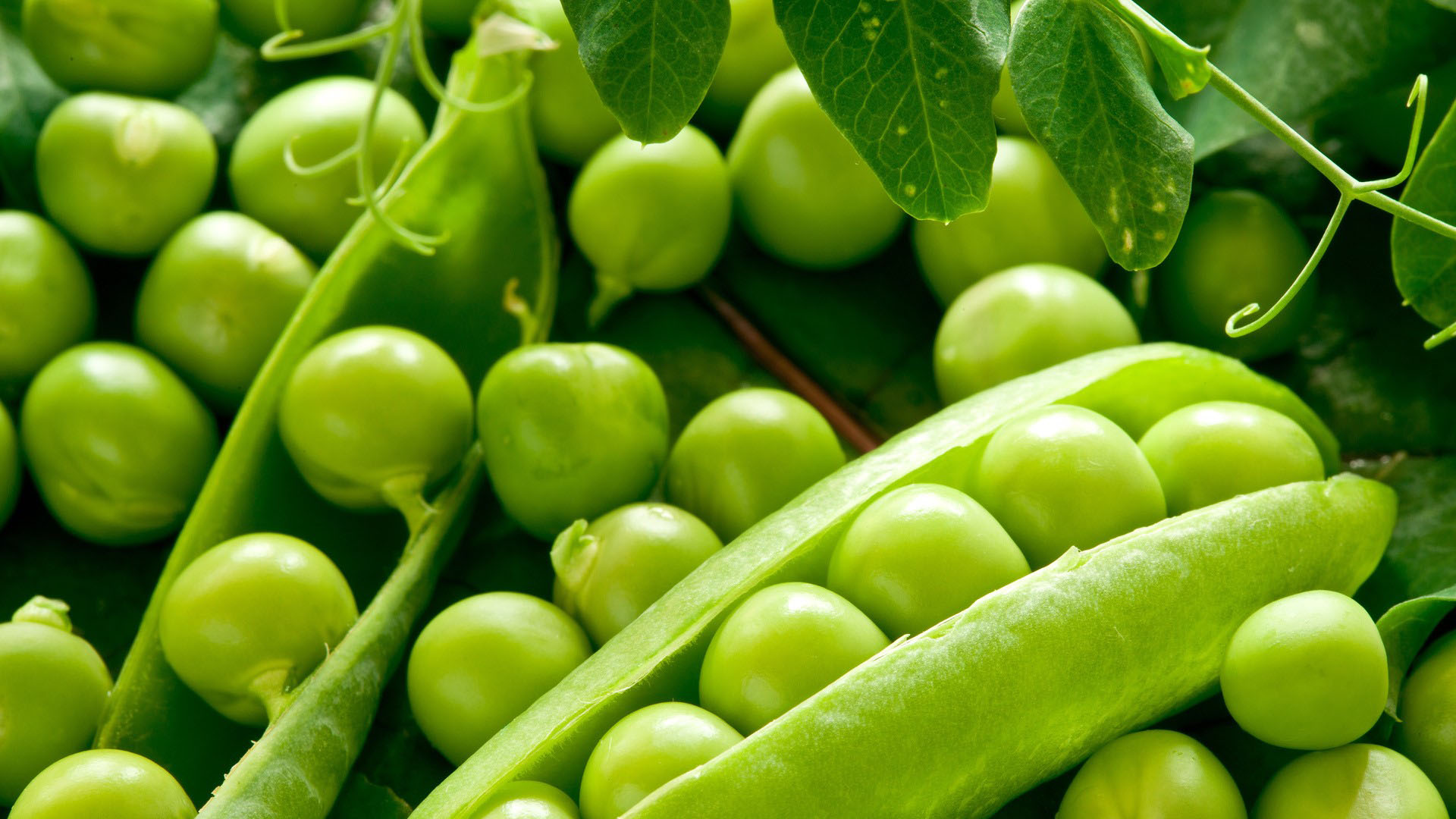
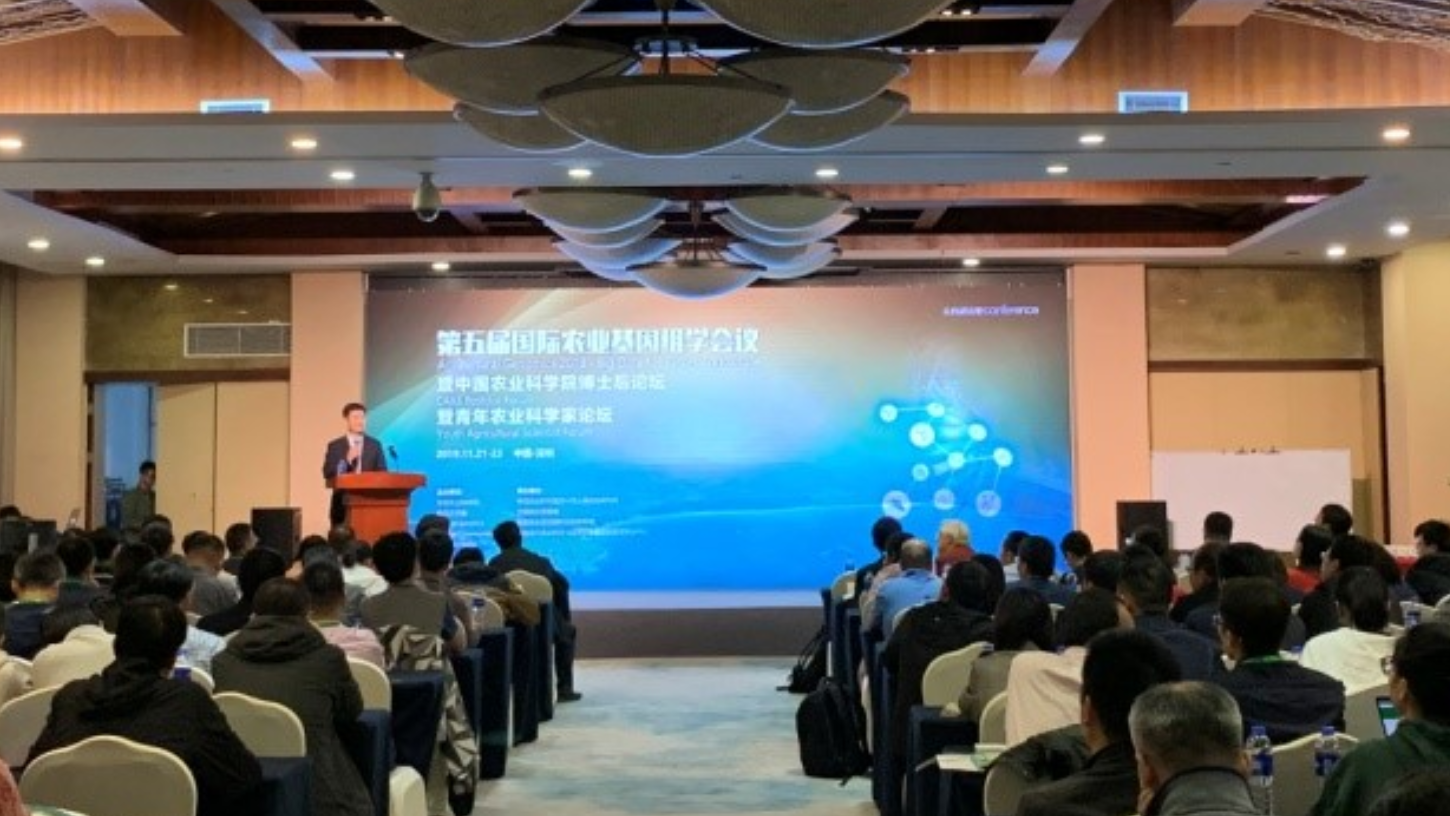

Cereals including rice, wheat and maize by far have provided most of the calories, protein, B-vitamins and minerals. They are the staple for more than 6.5 billion inhabitants around the world.
Legumes are the second most important food source after cereals and are considered as an alternative protein source of meat. They have higher protein content than most of the plant foods.
Global grain genomic research program (G3RP) aims at developing future environment-friendly crops with higher yield and nutrients by collecting and profiling all the genomic resources of cereals and legumes around the globe. To achieve this goal, G3RP is divided into several parts:

Action items:
Discover Wheat Biodiversity in Heirloom Varieties and Watkins Landrace Collection.
Population Genomics helps pea breeding.Population Genomics helps pea breeding.
Population Genomics helps oats breeding.Population Genomics helps oats breeding.
Population Genomics helps rice breeding.Population Genomics helps rice breeding.
C4 photosynthesis is evolved from more than 61 independent origins in monocots and eudicots, which phenomenon is the opposite of the multiple independent losses hypothesis for nitrogen fixation clade
Phosphorus is one of the most important macronutrients for food production.
Nitrogen is the main nutrient element that restricts the growth of crops and is one of the indispensable components in the synthesis of amino acids and proteins.

College of Biological Sciences, University of California
Distinguished Professor - Emeritus, Department of Plant Biology
USA
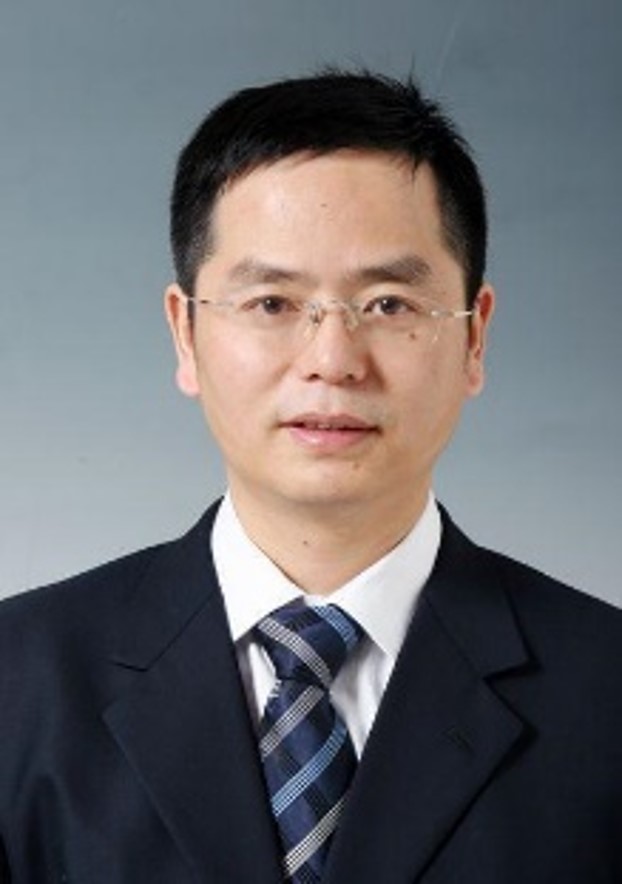
Agricultural Genomics Institute at Shenzhen, Chinese Academy of Agri Sciences
Director General, Chief Scientist, Synthetic Biology Center
China

Agricultural Genomics Institute at Shenzhen, Chinese Academy of Agri Sciences
Professor, Director of Plant Genomcis Center
China

John Innes Centre
Director, John Innes Centre
UK
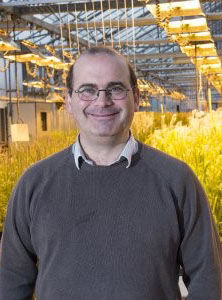
John Innes Centre
Professor, Group Leader,Designing Future Wheat, Genes in the Environment
UK
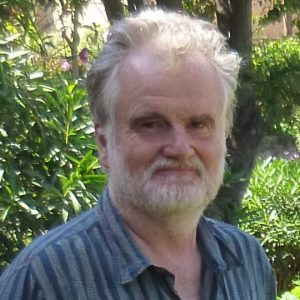
John Innes Centre
Senior Scientist,Molecules from Nature
UK
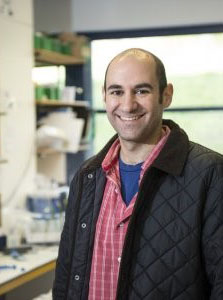
John Innes Centre
Group Leader, Designing Future Wheat, Genes in the Environment
UK

John Innes Centre
Senior Scientist, Germplasm Resource Unit Manager,John Innes Centre
UK
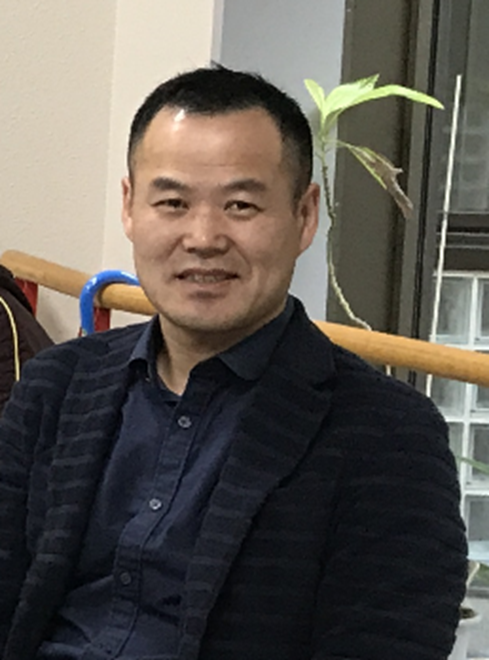
Guangzhou University
Deputy Director|Professor , Research Center of Molecular Genetics and Evolution, Guangzhou University
China
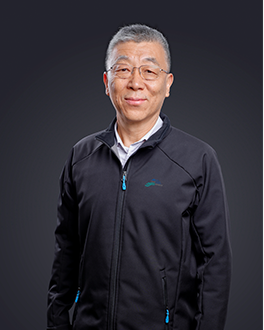
China National GeneBank
Director of the National Gene Bank and director of BGI group
China

China National GeneBank
Director of Cooperation and Publicity Department
China

Global Institute for Food Security, University of Saskatchewan
Associate Director | Professor, Departments of Plant Sciences and Soil Sciences
Canada

Wageningen University
General Director, Wageningen Food Safety Research at Wageningen University & Research
Netherlands
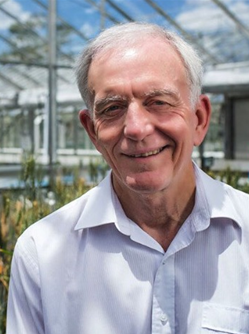
University of Queensland
Director, Queensland Alliance for Agriculture & Food Innovation (QAAFI)
Austrilia

The universiry of Queensland
Centre Director, Centre for Nutrition and Food Sciences
Australia
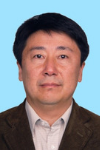
Chinese Academy of Agri Sciences, Institute of Botany, Chinese Academy of Sciences
Director General, Institute of Crop Sciences
China








